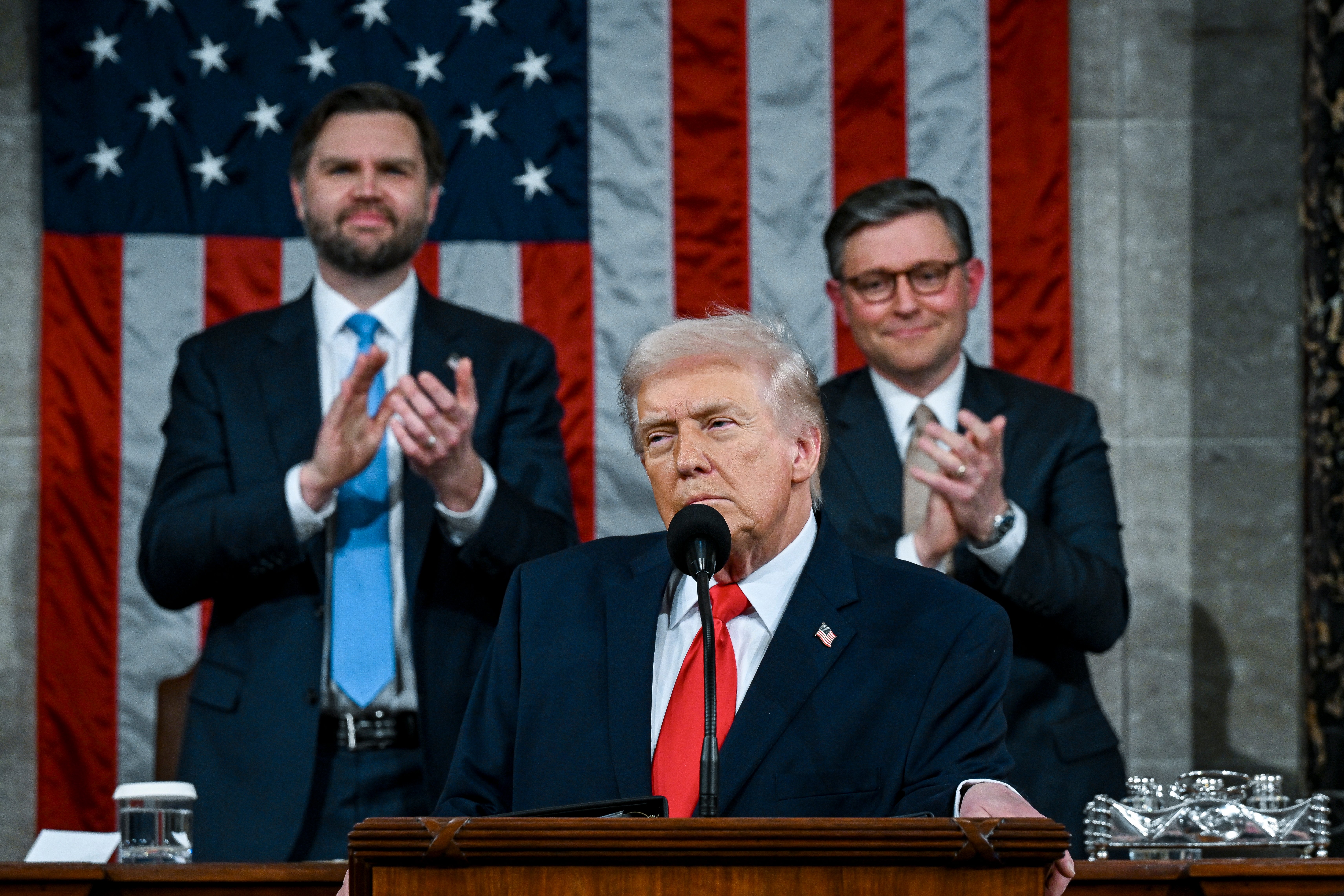|
Dear reader,
As the countdown begins in earnest for China’s annual legislative session, signs are emerging of who will not be making the meeting at the Great Hall of the People in early March. A number of senior officials have been missing in action for months and their fates could become clearer in the next two weeks. This could also be a time for Beijing to announce more corruption investigations and any new standards it will apply to members of the National People’s Congress.
For a close look at China’s take on the future of warfare, check out everything we know about the Nantianmen project.
The Big Picture

Shifting gears
Tariffs take a Supreme Court turn in Washington, Brussels embarks on soul-searching and Taipei follows a softer line on the mainland.
High seas
Chinese and US fighter jets have a rare stand-off over the Yellow Sea.
- Why it matters: US military bases in South Korea are turning their attention to China
- But, why did Seoul protest to Washington about the incident?
Wins and Fails
The family of Jane Wu is allowed to proceed with their case against Northwestern University
Steve Durst is remembered for fostering space cooperation between China and the US
Big Numbers
10% – Trump’s new global tariff
US$901.5 billion – the US’ 2025 trade deficit, a record high
136 – the number of core technologies in which China has the edge over South Korea, according to Seoul’s science ministry
Direct Quote
“I would call it neo-royalist orders where the objective of foreign policy is to extract resources for a small group of elites that are dedicated to a personalist leader.”
US political scientist Abraham Newman weighs in on Trump’s second term and its global implications
|